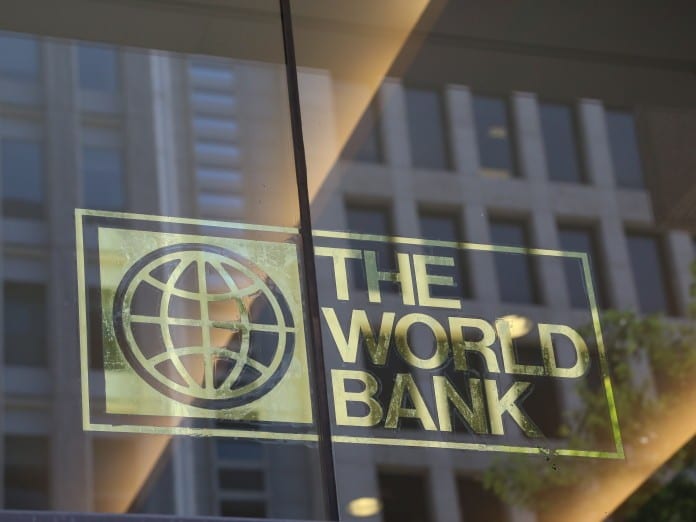The World Bank has appointed Laurent Msellati, a French national, as its new country manager for Haiti.
The Washington-based financial institution said that Msellati’s appointment was effective April 1, 2021, and he will be based in Port-au-Prince, the Haitian capital.
In this new role, Msellati’s top priorities will be to lead the bank’s engagement with the Government of Haiti, work closely with key development partners and stakeholders, manage the country program and team, and support staff in the Haiti Country Office.
“Haiti has experienced several challenging years, and the social and economic impacts of the COVID-19 pandemic have been severe,” Msellati said. “I look forward to continuing our work to support the Haitian people, focused on inclusive growth, and building resilience.
“I will work closely with stakeholders across Haitian society to support the country’s development priorities, and provide support for the most vulnerable,” he added.
Since joining the World Bank in 1991, the bank said Msellati has held several positions in Africa, the Middle East and North Africa, East Asia and Pacific, and Latin America and the Caribbean regions.
The World Bank said Msellati recently served as World Bank Country Manager for Mauritania and has also been Practice Manager of the Agriculture Global Practice in Latin America and the Caribbean region.
Msellati holds a Master’s of Business Administration in finance and economics from the Università Commerciale Luigi Bocconi (Italy), and a Doctorate Degree in Veterinary Medicine from the Ecole Nationale Vétérinaire de Nantes (France), the World Bank said.
The World Bank said Msellati will lead the implementation of the bank’s program in Haiti, which includes an active portfolio of 20 projects worth about US$915 million, financed by the International Development Association and trust funds.
Project areas include transport, energy, agriculture and food security, health, education, water supply and sanitation, finance, governance, macroeconomics, social protection and jobs, and digital development, the World Bank said.















